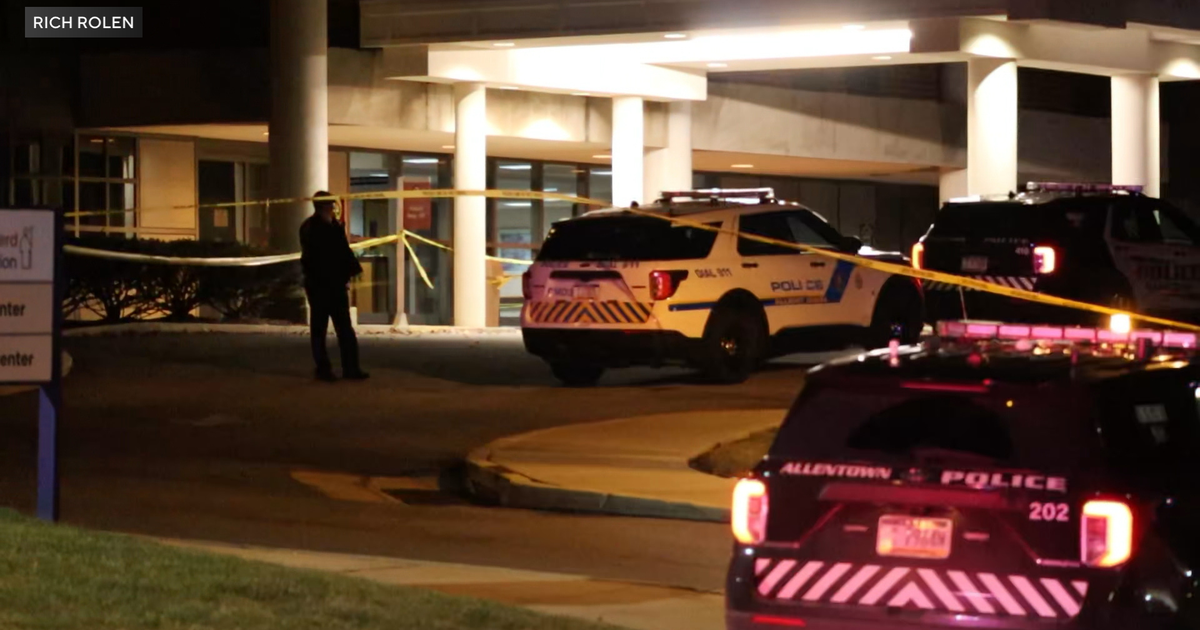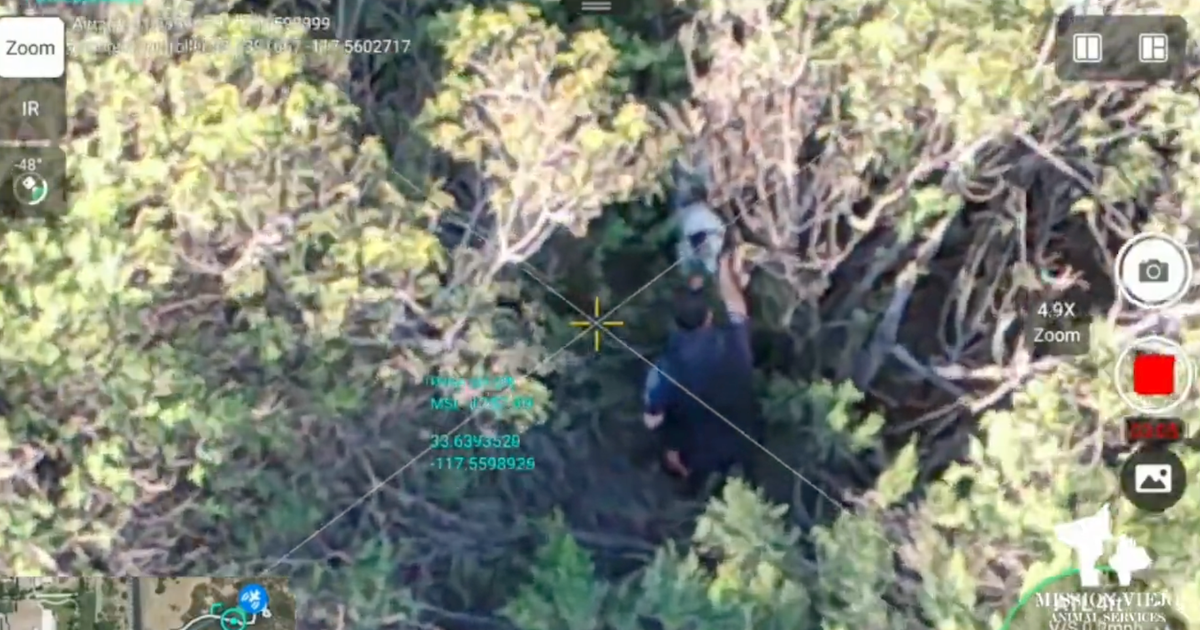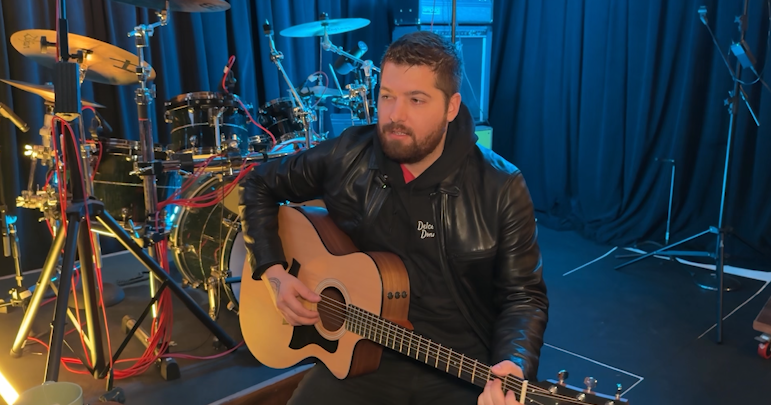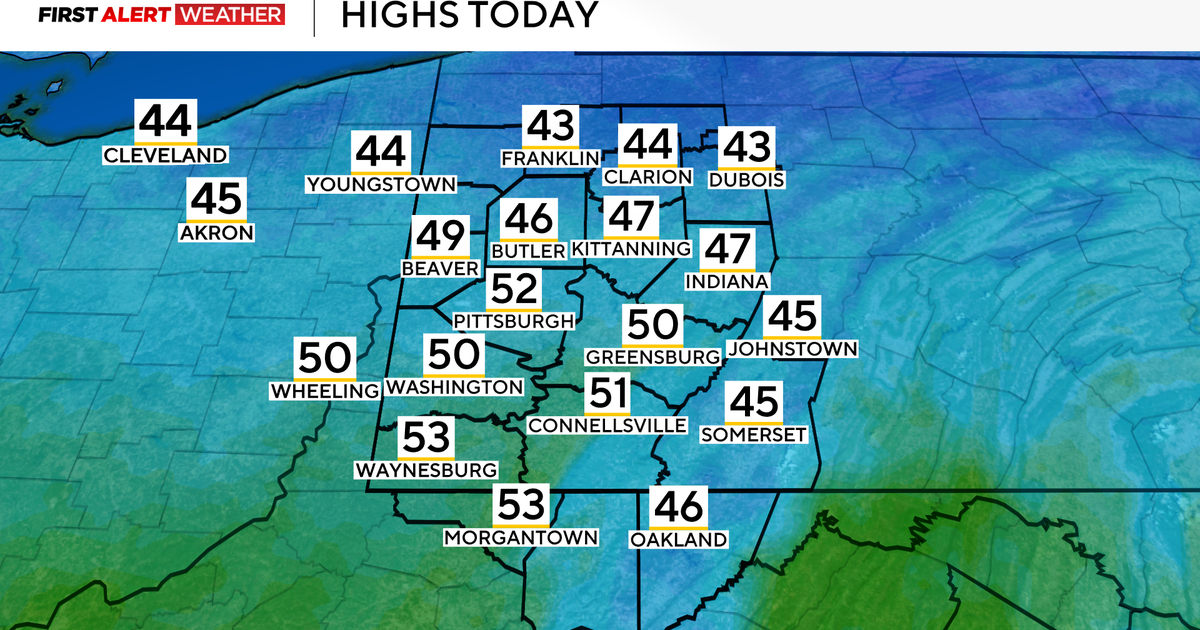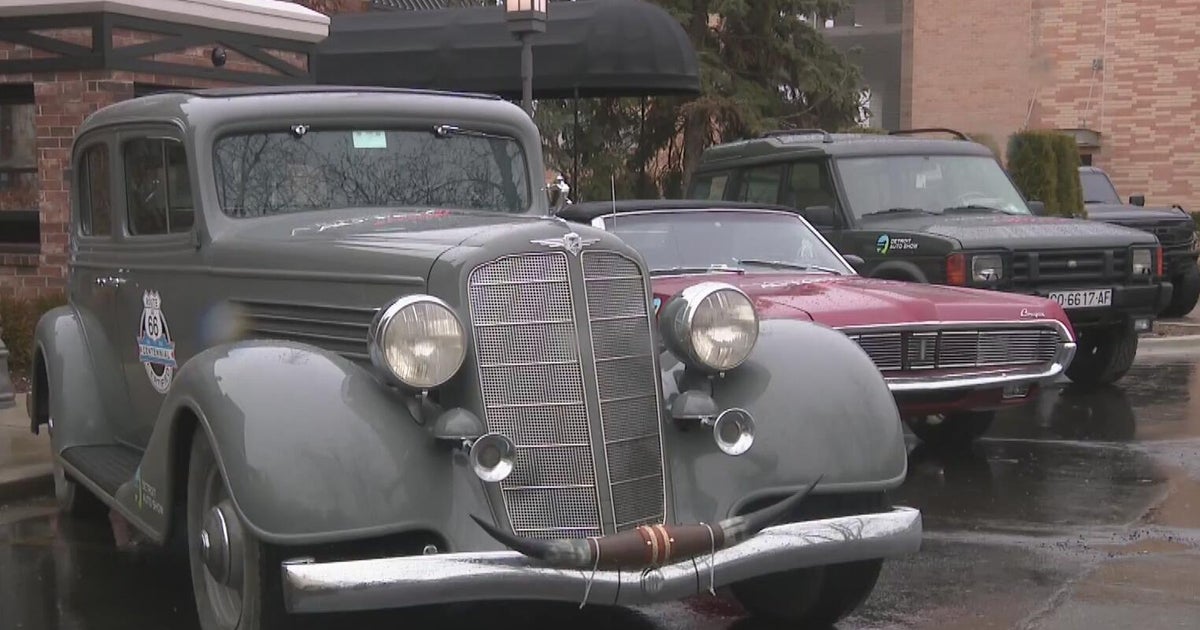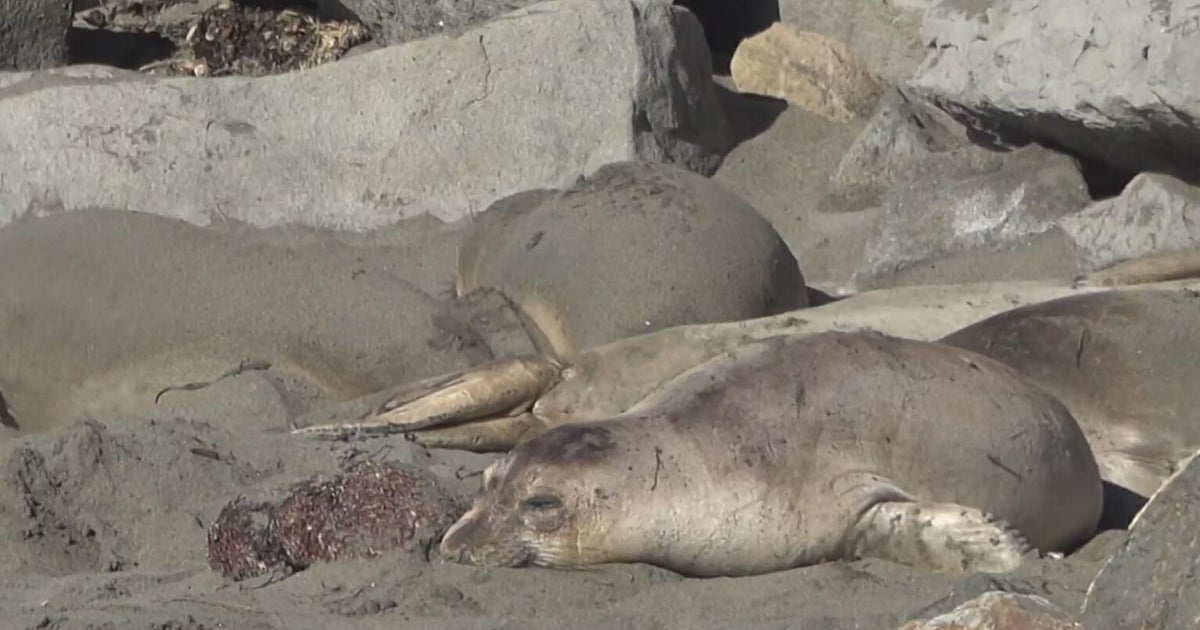HARP Wildlife Rehabilitation Center reminds public to help protect wildlife this baby season
Spring has sprung, and so has wildlife baby season.
Humane Animal Rescue of Pittsburgh's Wildlife Rehabilitation Center is already welcoming new babies, and it is prepared to get a lot more.
We're talking little baby bunnies, raccoons, opossums, skunks, birds, turtles and more. HARP is reminding the public that there are a few things you can do to help keep your wildlife neighbors safe.
"Spring is in the air, and babies are on their way," said Michele Frennier, HARP's director of marketing.
The rehabilitation center in Verona is getting baby critters every day.
"Each year, the wildlife center in Verona will get hundreds of wildlife babies. Everything from baby bunnies to raccoons, songbirds, opossums, even bats," Frennier said.
She said baby season always starts with an influx of little bunnies and squirrels. Things then progress to all kinds of animals.
"We're seeing a lot of bunnies and squirrels that are already at the wildlife center, and we are just starting to see a few raccoons come in," said Frennier.
The tiniest patients end up in the center because they got separated from their families, got hurt from falling from trees, or due to unintentional human impact.
How to protect the wildlife in your backyard
Frennier said you can help protect wildlife in your backyard this baby season. The first tip is to check before you mow your lawn.
"Check around to see if maybe there is a little nest of bunnies before you're starting to do some yard work," Frennier said.
She said to also keep an eye on curious pets.
"Keep an eye on what your pets may be seeing. And if there are babies in your yard, just keep them away from them as much as possible," she said.
Trapping and relocating animals is discouraged because that could leave babies orphaned. Lastly, don't use glue traps.
"Glue traps can harm birds or other types of wildlife," said Frennier.
What to do if you find a baby animal
If you find a small critter, Frennier said to make sure that human intervention and baby-napping are really needed.
"Folks will come across a nest of bunnies, and they may not see mom. And so their first thought is that mom has somehow left them or has perished. And maybe mom is really just close by," Frennier said.
If the animal does not seem hurt or sick, just keep an eye on it.
"Placing an X of twigs across the nest and then coming back and seeing if those have been disturbed, then you know mom is in and out and everything is OK. If not, then maybe some intervention is needed," said Frennier.
If it's determined the baby animal needs care, then it's time to keep it warm and get it to the wildlife center, where the days are busy with lots of feedings.
"Always when in doubt, give us a call," Frennier said.
HARP's helpline is 412-345-7300 extension 500. Call them and leave a message about the animal you've found. They'll call you back as soon as they can.
HARP also has helpful information about what to do in that situation on its website.
The wildlife center recently held its annual wildlife baby shower, where people came to support the center's work this baby season.
You can help baby critters on their journey back to the wild by joining the wildlife center's Fill a Nest campaign throughout April. Companies, organizations and community groups can collect supplies, including sweet potato baby food, unsalted nuts and more, from the wildlife baby shower wishlist.
To schedule a donation drop-off, contact Chelsea at CGale@humaneanimalrescue.org.


